Colorado Seed Potato Act
Colorado Seed Potato Act helps control and minimize the spread of contagious community diseases by reducing the overall inoculum pool present in potato crops. It also outlines how to comply with the seed potato standards set forth in the state-national harmonization program.
The Colorado Seed Potato Act regulates the distribution and planting of seed potatoes. All seed potatoes distributed by any person in lots that are sufficient to plant one or more acres in Colorado must be certified. The Colorado Seed Potato Act Rules are available at the Secretary of State's website.
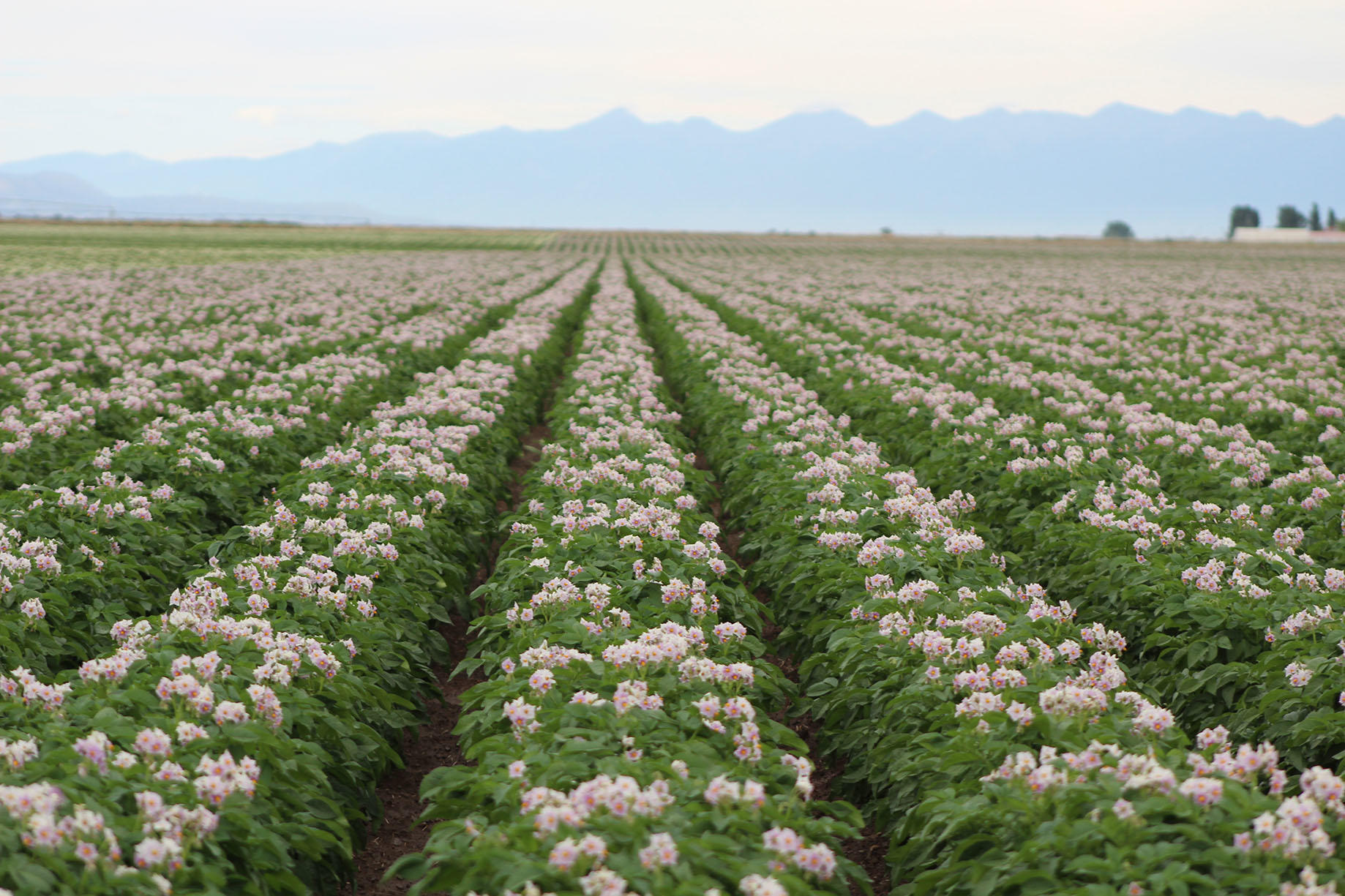
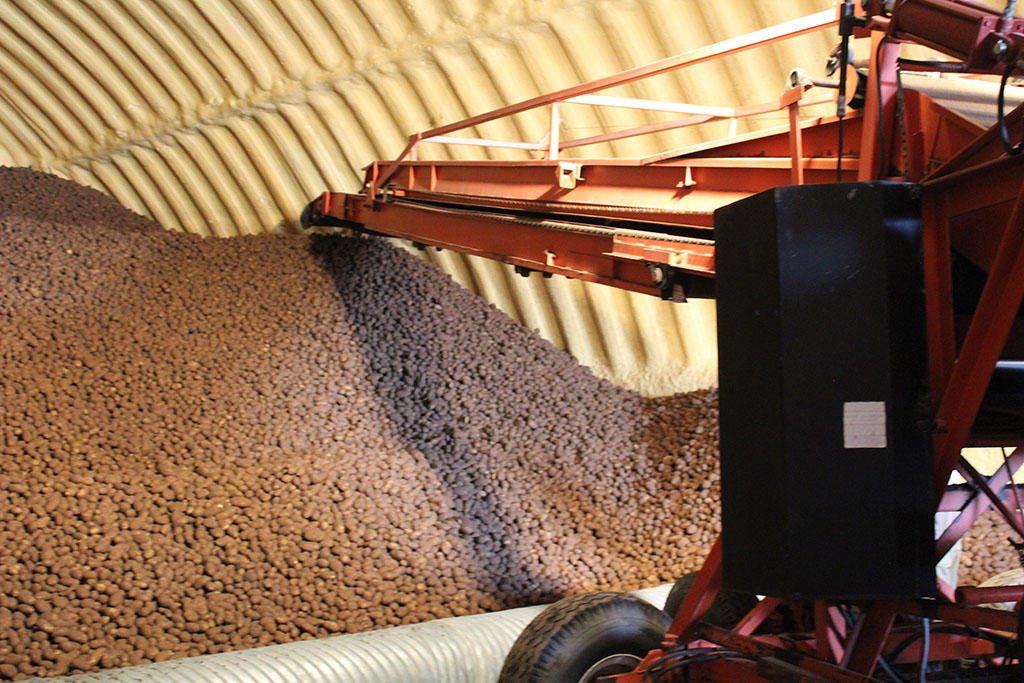
Colorado farmers grow almost 60,000 acres of potatoes each year. About 10,000 of these acres are for certified seed potato production. The San Luis Valley and Northeastern Colorado represent the regions where potatoes are grown. Most of the potatoes produced are sold on the fresh market for consumption.
Colorado also has the largest percentage of potatoes exported to Mexico in the U.S. The value of the crop is almost $200 million per year. Seed Potatoes imported into the San Luis Valley must meet the requirements of Colorado's quarantine for Late Blight. You can read details on the quarantine for Late Blight here.
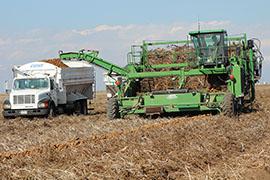

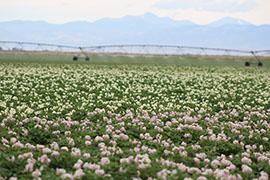
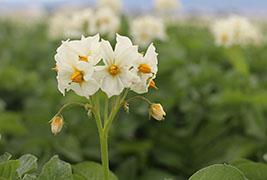
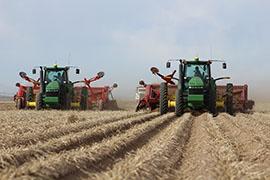
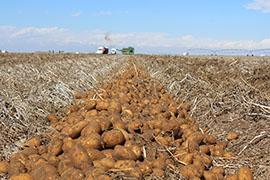
Colorado Seed Potato Act Advisory Committee
The Colorado Seed Potato Act provides for an advisory committee of nine individuals. The Advisory Committee’s function is the following:
- Advise the Commissioner in establishing rules under the Act;
- Assists in the determination of availability of potatoes;
- Recommends whether to grant permission to plant uncertified seed potatoes;
- Recommends independent auditors to perform records reviews pursuant to Section 35-27.3-106 (2); and
- Consults with the Commissioner regarding the administration and enforcement of this article.
The committee is made up of:
- four potato growers who do not grow seed potatoes and whose operation are located in Area No. 2 (San Luis Valley);
- one potato grower who does not grow seed potatoes and whose operation is located in Area No. 3 (Northeast Colorado);
- two members of the Colorado Certified Potato Growers’ Association;
- one person employed by Colorado State University; and
- one person employed by the Department of Agriculture.
Advisory committee members serve three-year terms.
| Member | Representing | Term to expire |
|---|---|---|